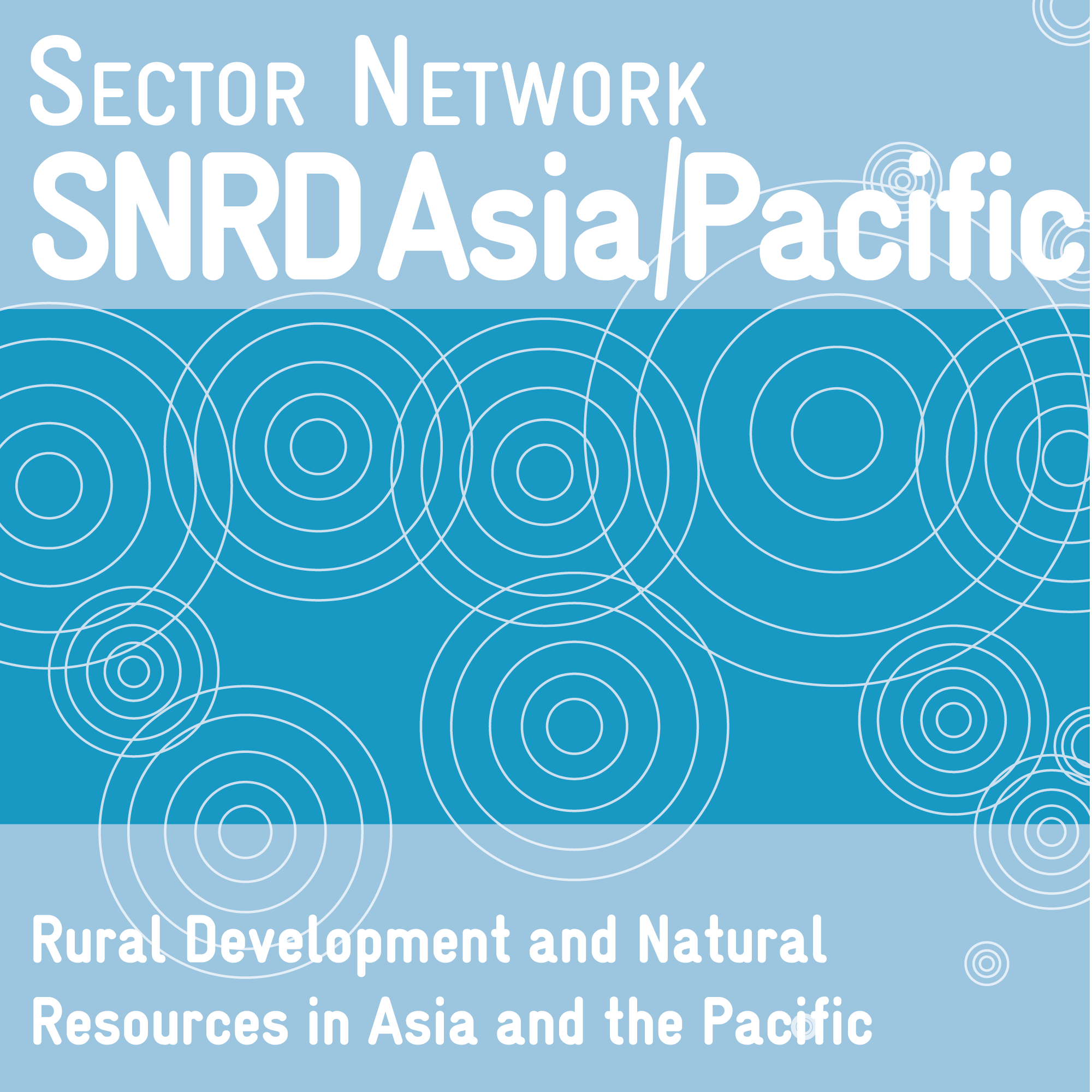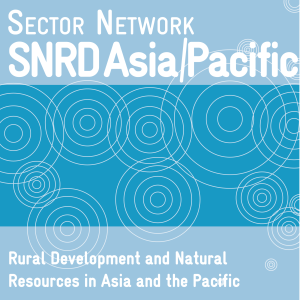
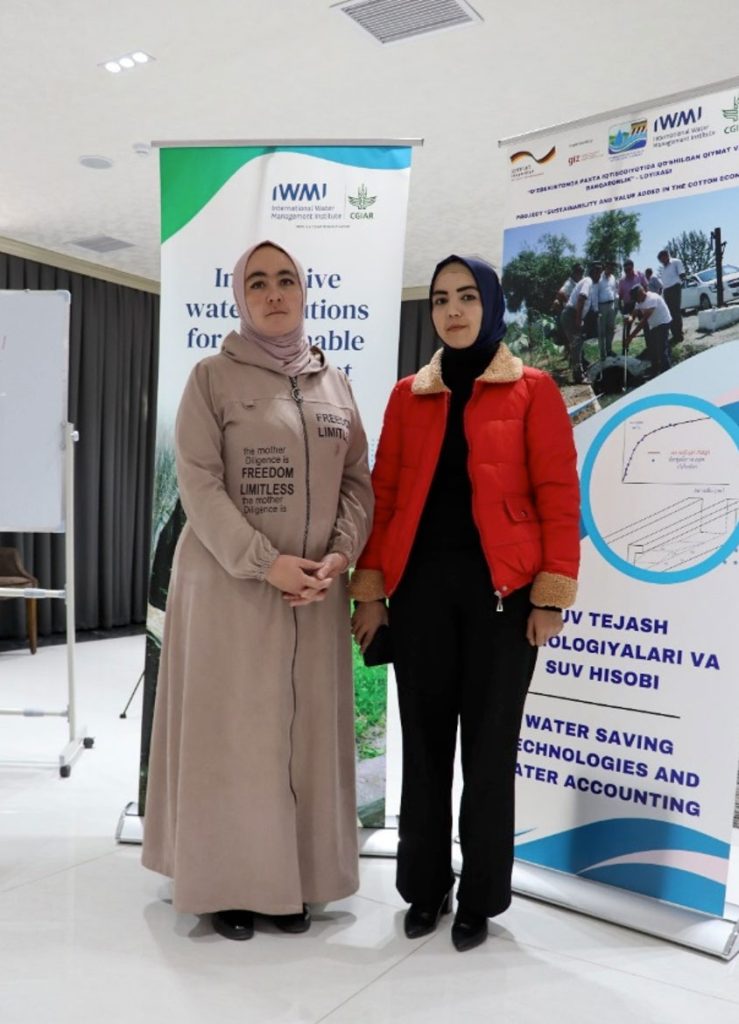 Uzbekistan is one of the largest cotton-producing countries in the world. For decades, the country was known for systematically forced and child labour in the cotton harvest. Following a change of government in 2017, this practice was abolished. Since then, violations have been subject to high penalties, which has proven to be an effective measure. In 2020, the ILO confirmed the end of systematic human rights violations. Two years later, the Cotton Campaign dropped its boycott against cotton from Uzbekistan after 19 years.
Uzbekistan is one of the largest cotton-producing countries in the world. For decades, the country was known for systematically forced and child labour in the cotton harvest. Following a change of government in 2017, this practice was abolished. Since then, violations have been subject to high penalties, which has proven to be an effective measure. In 2020, the ILO confirmed the end of systematic human rights violations. Two years later, the Cotton Campaign dropped its boycott against cotton from Uzbekistan after 19 years.
Access to the American and European markets is thus again open for cotton producers from Uzbekistan. If only there wasn’t the issue of water, or rather, its scarcity. Cotton requires regular watering during the growth phase. However, water is scarce in Central Asia, and climate change has significantly exacerbated the problem in recent years. In the Andijan region in eastern Uzbekistan, the lack of water threatens the crops and thus the livelihoods of farmers.
Irrigation Specialists Provide Solutions
To address this and convey new methods of water management, the “AgriChains – Sustainability and Value Added in Agricultural Supply Chains” project, supported by the German Federal Ministry for Economic Cooperation and Development (BMZ) and managed by Deutsche Gesellschaft für Internationale Zusammenarbeit (GIZ), is collaborating with the “International Water Management Institute (IWMI) Central Asia”. In workshops held by the partners, modern irrigation techniques are discussed. Ways to save as much water as possible during irrigation are explored.
Among other things, participants were introduced to the “AquaCrop” model developed by the Food and Agriculture Organisation of the United Nations (FAO), which simulates how certain plants, including cotton, react to water quantities. “AquaCrop” simulates the yield response of herbaceous plants to water and is particularly suitable for conditions where water is a critical limiting factor for plant production. On top of that, the workshops conveyed information on drip irrigation techniques, including the skills needed for the maintenance of the irrigation pipes. Participants were also trained in the use of Geographic Information Systems (GIS) for water-efficient irrigation.
Zakhirdinova Maftuna and Zokirova Khusnida, two irrigation specialists from the Andijan region, participated in the workshops. Both women now use and teach their skills and know-how, amongst them the “AquaCrop” technique, to other local farmers to integrate the new water-saving irrigation techniques into their farming practices.
Based on this, an irrigation pattern can be introduced that conserves resources while delivering the best possible outcome. Zakhirdinova Maftuna and Zokirova Khusnida are not only proving that women can achieve and change a lot in a society that is still dominated by men. The new methods benefit not only the harvests and incomes but also contribute to the sustainability of cotton from Uzbekistan by protecting the scarce water resources in Andijan.
The Project ist part of the Global Programme “Sustainability and Value Added in Agricultural Supply Chains” (AgriChains)
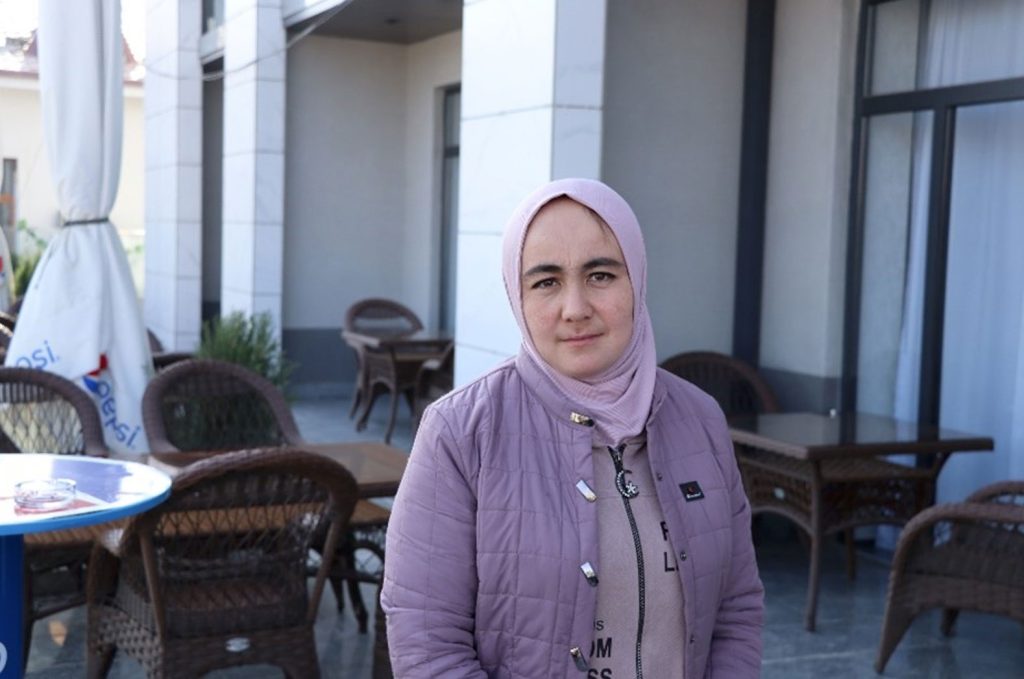
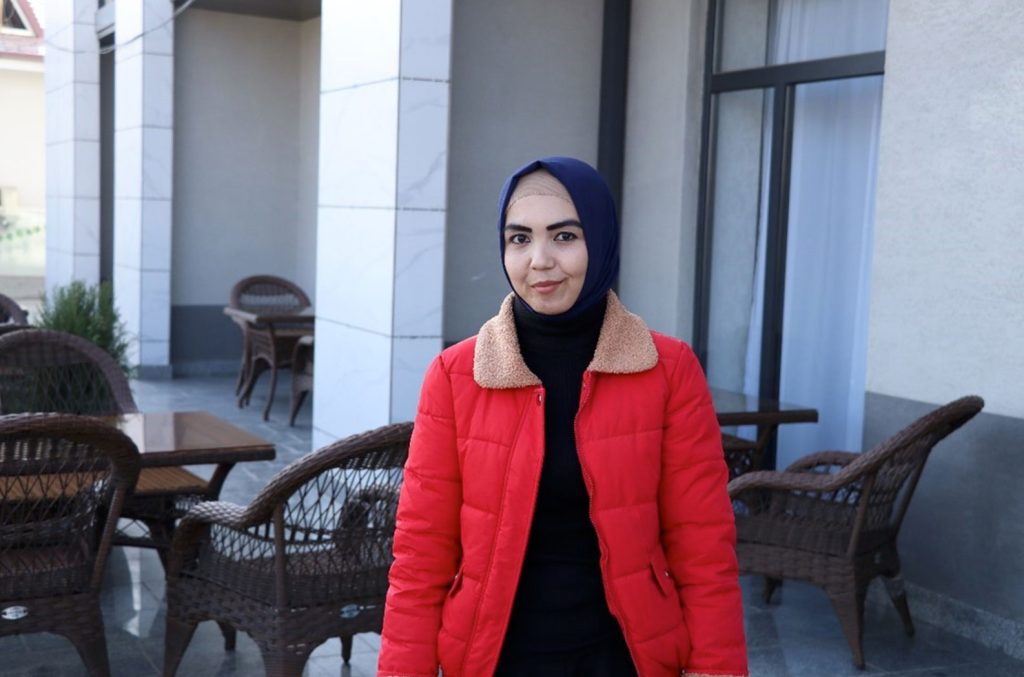
Link to Further Materials
https://www.giz.de/en/downloads/giz2021_en_Factsheet_Cotton_Uzbekistan.pdf
Contact Person
Key Buzzwords
Cotton, water management, sustainable agriculture, Central Asia, Uzbekistan

